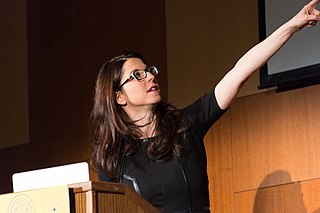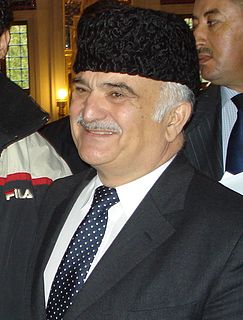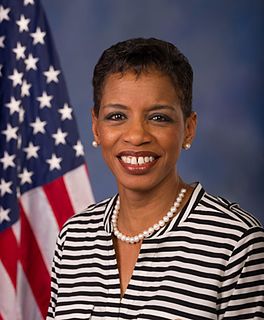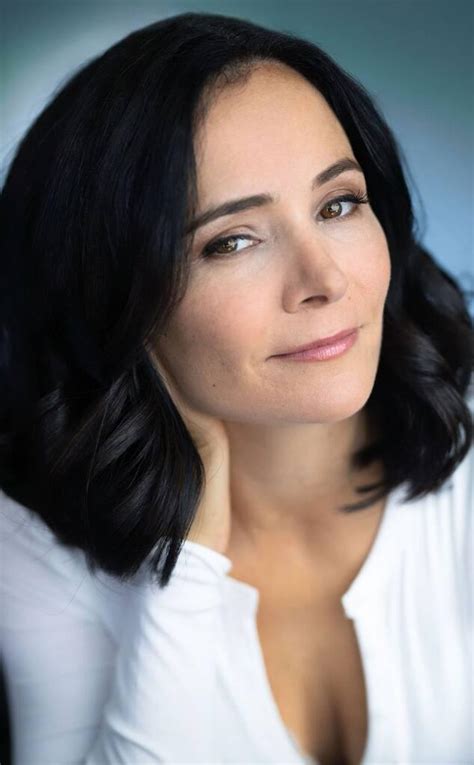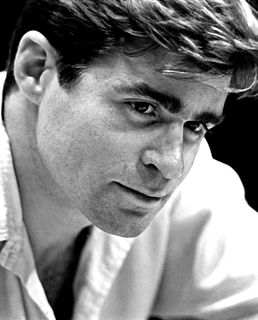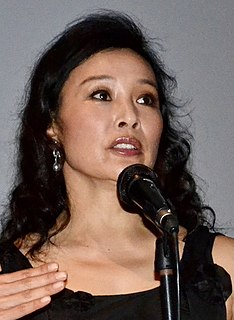A Quote by Madeleine Albright
I think that we had a different view of what the 21st century could be like, with much more of a sense, from our perspective, of trying to have an interdependent world: looking at solving regional conflicts, having strength in alliances, operating within some kind of a sense that we were part of the international community and not outside of it.
Quote Topics
Alliances
Century
Community
Conflicts
Could
Different
Different View
Had
Having
Having Strength
Interdependent
International
International Community
Kind
Like
Looking
More
Much
National Community
Operating
Our
Outside
Part
Perspective
Regional
Sense
Solving
Some
Strength
Think
Trying
View
Were
Within
World
Related Quotes
I think the challenge of climate change in particular is the challenge for us to create and produce new norms for a new kind of world. And that's why I think as important as the issue of climate change is, it's even more important than it seems because if we can't evolve very quickly, new norms to deal with issues like climate change, we're not going to be able to survive in the kind of world we've created. So I think, really, the whole nature of democracy, of governance, of global community and of solving the kinds of problems of the 21st Century are really at stake.
I think we're in a very distinctively different historical moment. I mean, I think that you had two things that were operating in the 1930s that seem to be, in many ways, to have been weakened or disappeared. And of course the beginning of the 21st century, I mean, you have - at one level you had massive social movements.
And when you are operating within your style, which is your world, which you operate in, then it also would make sense to you. Now, whether it makes sense to anybody outside is besides the point really. You just do it and then you find that other people kind of begin to relate to it and allow themselves to get into your way of thinking about things.
Being part of The L Word made me realize how much more television can be that what I had experienced in my lifetime in terms of being able to be of service to people. I had so many fans come up to me who were really deeply appreciative of the show and what it had meant for them and their own sense of identity and their own sense of inclusion in our society and in our culture.
All good dramas are rife with conflicts, and the conflicts have to be resolved. What I think is so great about a show that takes place in a hospital is that you have so many different people with different needs. Sometimes all those can be in conflict. The drama of Heartland also comes from the group of people waiting, and they are sometimes agonizingly waiting for a new organ for their body in order to survive. So the show is so much about survival, which creates a sense of urgency to get the organs. I think that sense of urgency is probably the most prominent dramatic quality to the show.
Thanks to the leadership of Vice President Gore, we have a government for the Information Age, once again a government that is a progressive instrument of the common good, rooted in our oldest values of opportunity, responsibility and community, devoted to fiscal responsibility, determined to give our people the tools they need to make the most of their own lives in the 21st century, a 21st century government for 21st century America.
Historically and culturally the Mongol women were very strong, they contributed as much as the men to their society, their community. Other than upper body strength, I think they were equal to the men. To compensate for the lesser upper body strength they had to be smarter, they had to think more, they had to consider things more carefully.
What is the spirituality we need for the 21st century? We face a choice: to retire from this fray into some marshmallow paradise where we can massage away the heat of the day, the questions of the time, the injustice of the age, and live like pious moles in the heart of a twisted world. Or, we can gather our strength - our spiritual strength - for the struggle it will take to wake up from this pious sleep.

